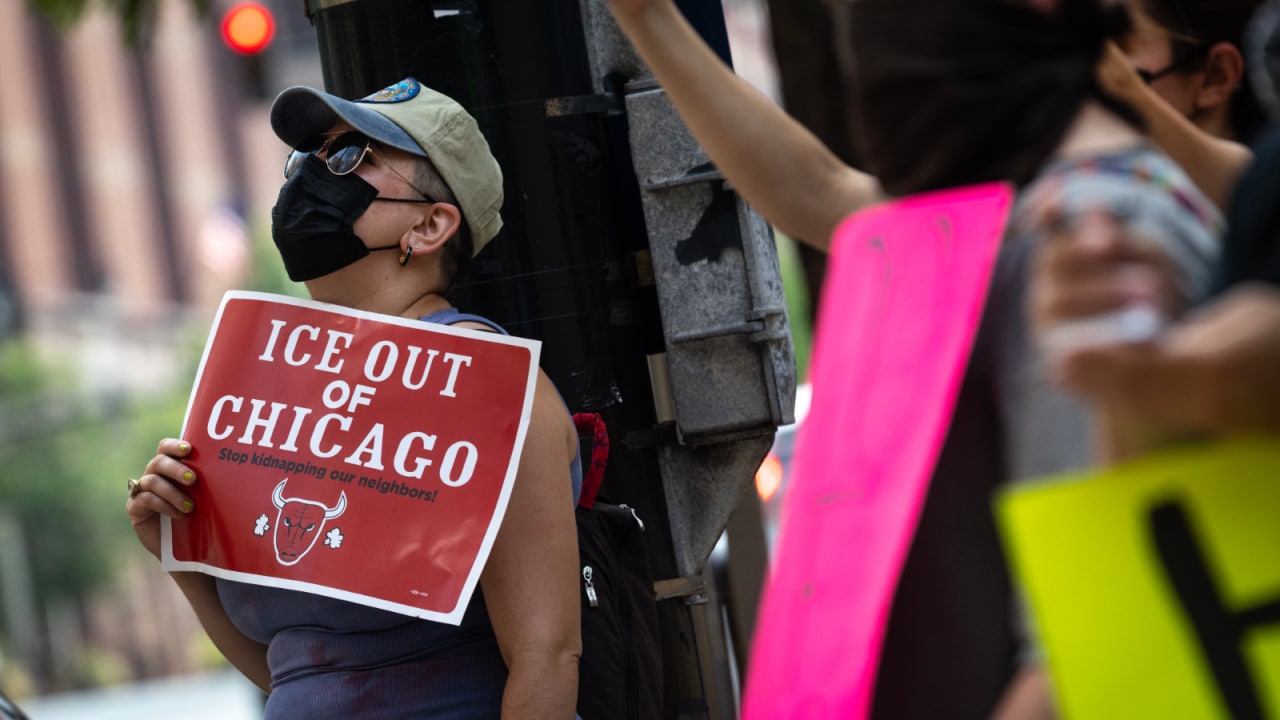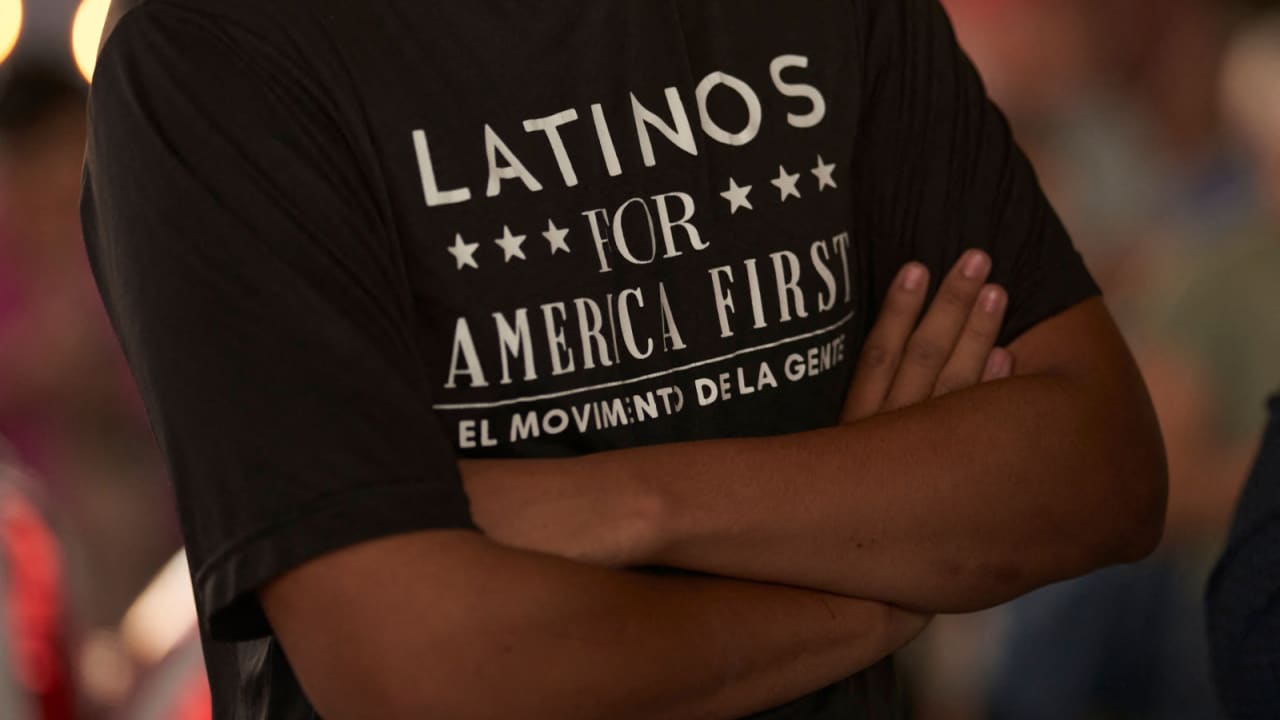Spanish-Speaking Community Under Fire: TikTok’s Misinformation Is Going Viral
Social media is being weaponized to spread misinformation to the masses and TikTok is the latest platform. A series of posts on the popular video-sharing platform is the center of a new controversy of misinformation. Some of the accounts also positioned themselves as being news outlets like Univision and Telemundo. The accounts went unnoticed for months as they spread their falsehoods.
TikTok has become home to misinformation targeting Spanish-language audiences
According to a report from NBC News, millions of TikTok users have been swept up in a misinformation campaign. Recently, a video claiming that green card holders are banned from leaving or re-entering the United States went viral. The doctored video was shared across several TikTok accounts claiming to be news sources for immigration news.
Most of the questionable accounts that have since started getting taken down, operated by using “noticias” or “noticiero” in their name. The use of this language was to garner trust from Spanish-speaking TikTok users. Alexios Mantzarlis, director of the Security, Trust, and Safety Initiative at Cornell Tech has been tracking the misinformation.
Mantzarlis runs a newsletter about misinformation called Faked Up. The green card misinformation is the latest in a wave of this kind, according to Mantzalis. In his research, Mantzarlis claims to have identified dozens of accounts in the scam.
The widespread misinformation campaign is focused on immigration
“This is the latest wave of misinformation from a group of 38 accounts presenting as Spanish-language news sources that I have written about in the past three issues,” reads the Faked Up website. “Most of the accounts involved have generic names like noticiasdeusas, noticiasdeldiausa1 or noticias._oficial, but eight of them explicitly impersonate Telemundo and Univision.”
The accounts, according to Mantzarlis, post regularly in support of President Donald Trump. They also garner thousands of views per video. The network or networks are also behind the story that grocery stores were going to be checking identification when shopping.
This isn’t the first time that social media has been used to misinform the Spanish-speaking public
Leading up to the 2020 election, Latino voters in south Florida were targeted by a misinformation campaign. The messaging on WhatsApp, according to ABC News, focused on then-presidential candidate Joe Biden and the Covid-19 pandemic. Embedded in the messages were right-wing conspiracy theories that alarmed critics.
“We have seen Biden being compared with Fidel Castro or Maduro and that is why right now, as an organization we’re focusing on promoting the best reliable information and making sure that nobody trusts the information that Trump and his allies are promoting,” Hector Sanchez, Executive Director of Mi Familia Vota, told ABC News in 2020.
Social media algorithms are likely the problem
There has been a lot of discussion about the role of social media and the increase in misinformation. According to a study done by Gizem Ceylan, a postdoctoral scholar at Yale School of Management, the algorithm is likely to blame.
Social media algorithms prioritize and reward posts that get the most traction, especially shares. The more a post gets engagement, the more the social media platform will push it to new audiences. Without fact checking, which Meta dismantled after President Trump’s electoral victory, there are fewer checks on misinformation.
According to the study, heavy social media users tend to share more content with no regard to the actual content. Instead, the users who shared the information were after likes and attention from sharing.
“This was kind of a shocker for the misinformation research community,” Ceylan says of the study. “What we showed is that, if people are habitual sharers, they’ll share any type of information, because they don’t care [about the content]. All they care about is likes and attention. The content that gets attention become part of habitual users’ mental representations. Over time, they just share content that fits this mental representation. Thus, rewards on a social platform are critical in shaping people’s habits and what they are attuned to share with others.”




